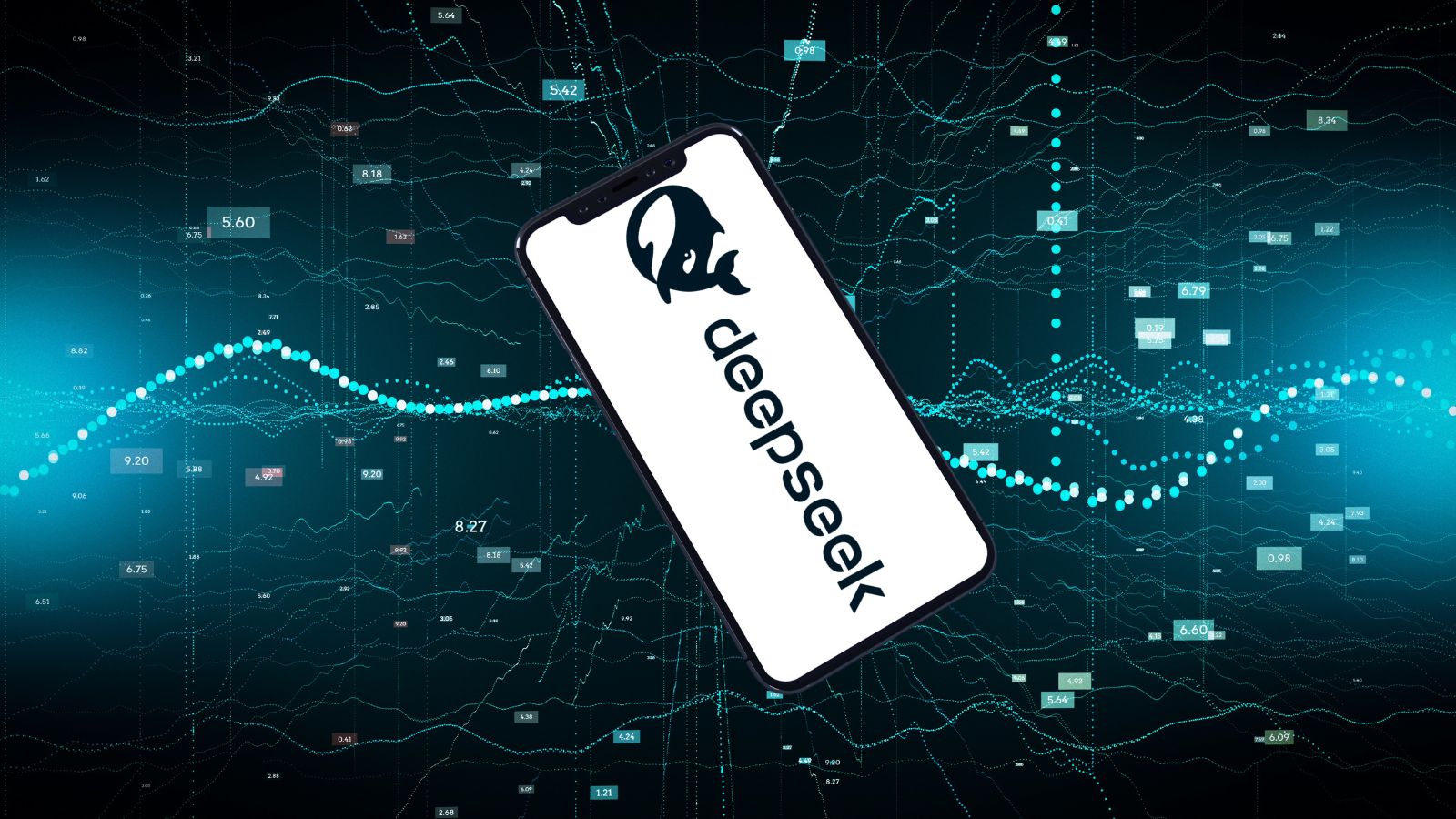
AT&T to Give Discounts to Those Who Accept Targeted Advertising
- AT&T will soon introduce ad-supported telecommunication plans that will lawfully collect user data.
- The firm has stated they're willing to give discounts of $5 to $10 to customers who'll take part in this.
- Giving away your privacy for these amounts comes with many additional risks, and the very proposal is segmenting the client-base.
AT&T is readying to introduce ad-supported phone service plans to its customers, discounting the monthly mobile bills of those who accept to take part by $5 or even $10. Targeted advertising and data collection remain a goldmine for all firms, and those with access to a large pool of user information are trying to balance their act between following lawful methods and maximizing their gains. So, AT&T will do just that, exemplifying that these new plans are ad-supported and getting a clear consent from the customers.
Back in March, we presented the findings of a 'Technology Policy Institute' (TPI) study, where the average American respondent said they're willing to sell their data for a couple of USD per month. Device location, which is very useful to advertisers who correlate this with demographics would be given away for as little money as $1.82 per month.
This openness of a significant portion of the American population to accept data collection and targeted advertising for something in exchange is increasing the appetite of telcos, and AT&T is not the only one to play with the idea. Virgin Mobile USA and Sprint Boost Mobile have both tested similar schemes in the early 2000s, but it was too early back then.
Now, the industry has matured, and the tools that collect data and categorize them in a useful form are automated. The only thing that's stopping telcos from collecting all the data they can is legislation, and for some US states like California and Maine, the legal obstacles for AT&T's plans will remain in place.
Those of you who are eagerly waiting to take advantage of the offered discounts, a 2016 story of how AT&T was selling leads to the DEA using a for-profit surveillance program called "Project Hemisphere" should serve as a reminder of why your privacy matters.
Consumers, in general, are getting increasingly more aware of the importance of cherishing their privacy rights, but there's still a category of people who stay in the dark. The worst part is that those who will give away their privacy more easily are people in a difficult financial situation who see the discount of $5 per month as an important amount.
If AT&T's plans are widely adopted, we could gradually witness the formulation of a segmented socio-economic environment where the lives of lower-income people are transparent to the eyes of advertisers. In contrast, higher-income citizens are "buying" their privacy and opacity.









